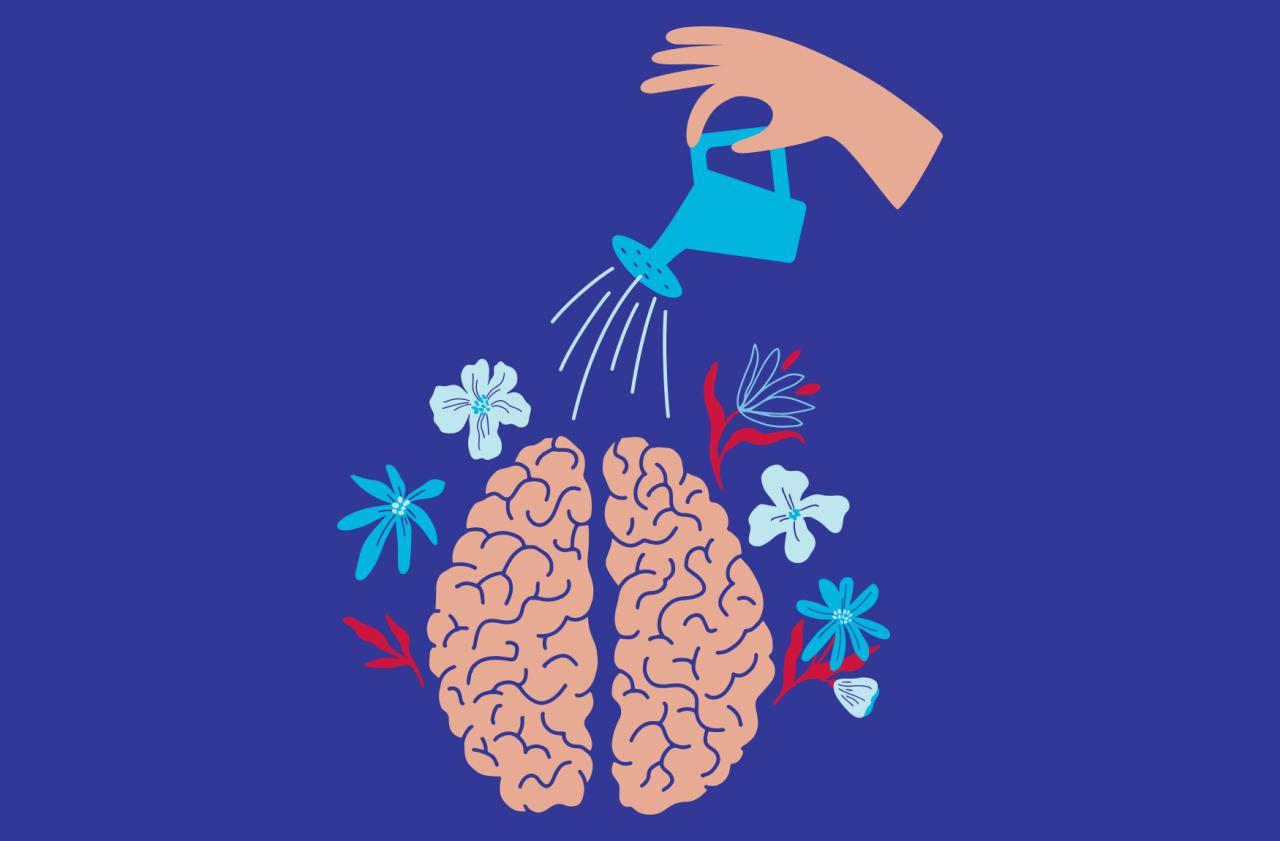In a world that often feels like a constant whirlwind of chaos and uncertainty, it’s no wonder that anxiety has become a prevalent issue for many people. From the pressures of work and relationships to the constant bombardment of news and social media, it can feel like we are always on edge. However, learning to cope with anxiety and manage daily stress is essential for our mental and emotional well-being. In this article, we will explore some tools and techniques that can help you navigate the ups and downs of life with greater ease and resilience. So take a deep breath, relax, and let’s dive into the world of coping with anxiety.

Identifying Triggers and Establishing Boundaries
are essential steps in managing daily stress and coping with anxiety. By recognizing the specific situations, people, or thoughts that tend to trigger feelings of anxiety, you can better prepare yourself to navigate those moments effectively. This self-awareness allows you to anticipate potential stressors and develop coping strategies to mitigate their impact.
Setting boundaries is another crucial aspect of managing anxiety. Establishing clear boundaries with others helps protect your emotional well-being and prevent unnecessary stress. Whether it’s communicating your needs and limits with friends, family, or colleagues, creating healthy boundaries can help you feel more in control and reduce feelings of overwhelm.
Here are some tools and techniques to help you identify triggers and establish boundaries to better cope with anxiety:
- Journaling: Keep a journal to track your daily thoughts, feelings, and experiences. This can help you identify patterns and triggers that contribute to your anxiety.
- Mindfulness: Practice mindfulness techniques such as deep breathing, meditation, or yoga to stay present and calm in stressful situations.
- Therapy: Consider seeking support from a therapist or counselor to explore your triggers and develop healthy coping mechanisms.
Practicing Mindfulness and Meditation Techniques
When it comes to managing daily stress and coping with anxiety, incorporating mindfulness and meditation techniques into your routine can make a world of difference. These practices can help you stay grounded, present, and calm in the face of life’s challenges. Here are some tools to help you get started:
- Deep Breathing: Take a few moments throughout the day to focus on your breath. Inhale deeply through your nose, hold for a count of four, and exhale slowly through your mouth. This simple exercise can help regulate your nervous system and promote relaxation.
- Body Scan Meditation: Set aside some time to scan your body from head to toe, paying attention to any areas of tension or discomfort. Allow yourself to release any tightness you may be holding onto, and bring awareness to the sensations in each part of your body.
- Guided Visualization: Find a quiet space to sit or lie down and imagine yourself in a peaceful, calming environment. Whether it’s a beach, a forest, or a cozy cabin, visualize the sights, sounds, and smells of this place to transport yourself away from stress and anxiety.
By incorporating these mindfulness and meditation techniques into your daily routine, you can cultivate a sense of inner peace and resilience that will help you navigate life’s challenges with grace and ease.
Creating a Support Network and Seeking Professional Help
One of the most effective ways to cope with anxiety is by creating a strong support network and seeking professional help when needed. Having a support system in place can make a world of difference when it comes to managing daily stress and anxiety. Whether it’s friends, family, or a therapist, having people you can lean on can provide comfort and guidance during difficult times.
Ways to create a support network:
- Reach out to friends or family members who you trust and feel comfortable talking to about your struggles.
- Join a support group or online community where you can connect with others who are going through similar experiences.
- Consider seeking professional help from a therapist or counselor who can provide you with the tools and resources needed to manage your anxiety.
In addition to building a support network, seeking professional help can also be a crucial step in managing anxiety. Therapists and counselors are trained to help individuals navigate their feelings of anxiety and develop coping mechanisms to deal with stress. Remember, it’s okay to ask for help and seek guidance from experts who can provide you with the support you need to thrive. In conclusion, managing anxiety and daily stress can be a challenging but necessary task in order to live a healthy and balanced life. By incorporating tools such as mindfulness, exercise, and seeking support from loved ones or professionals, it is possible to effectively cope with anxiety and prevent it from overwhelming us. Remember, you are not alone in this struggle, and taking small steps each day to prioritize self-care and mental well-being can make a world of difference. Keep practicing these tools and techniques, and trust that you have the strength and resilience to navigate through the ups and downs of life. Stay grounded, stay present, and above all, be kind to yourself. You deserve it.

